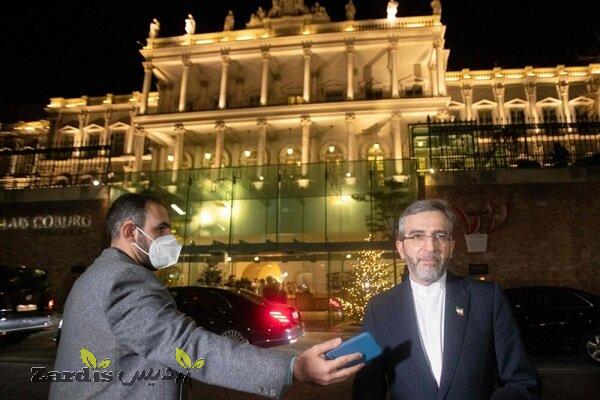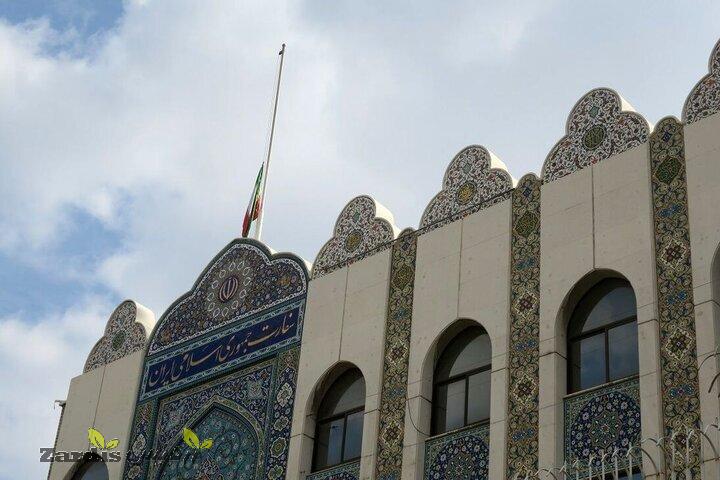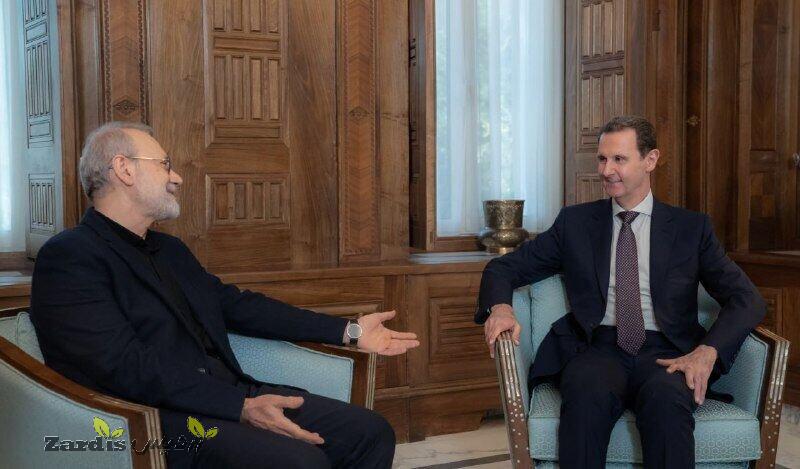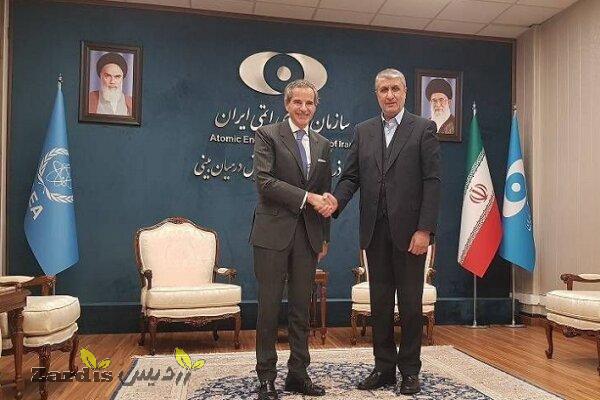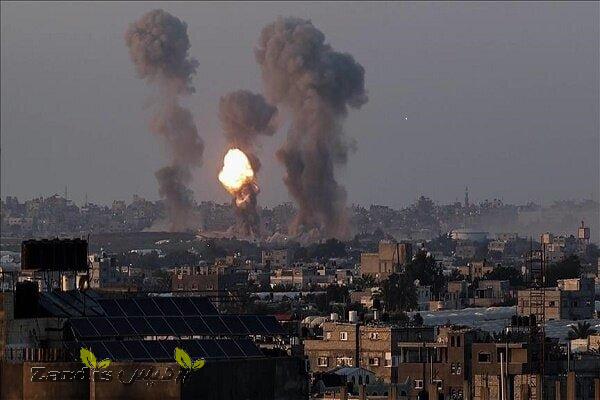“Talks in Vienna are proceeding in the right direction. Iran’s initiatives brought the talks back on track in a constructive atmosphere,” he said on Twitter. He also called on the West to show good faith. “It is now up to the Western side to show good faith and commitment for a good deal,” Amir Abdollahian noted.
The assessment of the Iranian foreign minister on the status of talks came amid a remarkable media silence on the talks. The current round resumed in the early days of the new year after a short break due to the end-of-year holidays. Unlike the previous rounds, the negotiators have been getting down to brass tacks ever since they returned to the Austrian capital amid warning from the Western side that time is running out for a deal. Iran has said that it also wants a deal as soon as possible but it prioritizes substance over pace.
Due to Iran constructively engaging in the talks, progress is being reported by almost all concerned parties. Currently, the negotiators are focusing on four major points: Iran’s nuclear activities, US sanctions, verification, and guarantees. The progress in question has largely been made in the nuclear sphere, according to press reports.
Citing sources familiar with the talks, the Qatari-owned Al-Araby Al-Jadeed reported that progress on the four negotiating files of lifting sanctions, nuclear issues, verification, and guarantees is unbalanced, but it is continuing, albeit slowly.
The newspaper pointed to intransigence on the part of the US in terms of lifting sanctions. The issue of sanctions removal is not witnessing “remarkable progress, and the United States has not yet shown willingness to make more concessions in this regard than it did in the sixth round.”
As regards verification and guarantees, the sources noted that the Western side agreed in principle to Iranian demands related to verifying the sanctions removal and offering guarantees, but there are deep disagreements on these issues.
The Western side rejected an Iranian demand that Iran should be given a period of months for verification, and instead offered to provide Iran with a days-long verification period, according to Al-Araby al-Jadeed.
The sources indicated that “Iran has accepted to stop some nuclear measures such as enriching uranium at high levels during the verification period if an agreement is reached, but it insists that its full compliance with all its nuclear commitments stipulated in the nuclear agreement depends on its full realization of the lifting of sanctions.”
As for guarantees, the Biden administration still insists that it can’t force the next US administration into honoring a revived 2015 nuclear deal. Whether the negotiators would be able to bridge the remaining gaps before the end of January is an open question. The Qatari newspaper also quoted Iranian sources as saying that the progress made during the negotiations until this moment is not deep and does not constitute a major breakthrough.
So far, the draft text of the documents, which is about 150 pages, includes 12 brackets that need to be addressed if a deal is to be reached, according to the Beirut-based Lebanese newspaper Al-Akhbar.
Citing an Iranian source familiar with the matter, the Lebanese newspaper said the most important contentious topics are “the number and type of sanctions that are to be lifted,” “the mechanism for verifying their lifting,” “the method of ensuring that withdrawal from the agreement will not be repeated,” and “the status of Iran’s uranium and centrifuges.”
The source pointed out that “the parties are looking for a way to revive the Joint Comprehensive Plan of Action in one go.”
The eighth round will continue now, without any specific time limit, the Lebanese paper said, adding that despite the wide differences, the parties are keen for these talks to continue.
But this does not mean that the Western side is above blackmailing. Al-Akhbar suggested that there is a possibility that the remaining European parties to the nuclear agreement will resort to activating the “snapback” mechanism if this round does not achieve the desired result, with the aim of putting pressure on Tehran, by returning the nuclear program dossier to the UN Security Council.
First published in Tehran Times
Zardis news | The latest news of Iran and the world
تمامی حقوق مطالب برای "Zardis news"محفوظ است و هرگونه کپی برداری بدون ذکر منبع ممنوع می باشد.
طبق ماده 12 فصل سوم قانون جرائم رایانه ای کپی برداری از قالب و محتوا پیگرد قانونی خواهد داشت.
